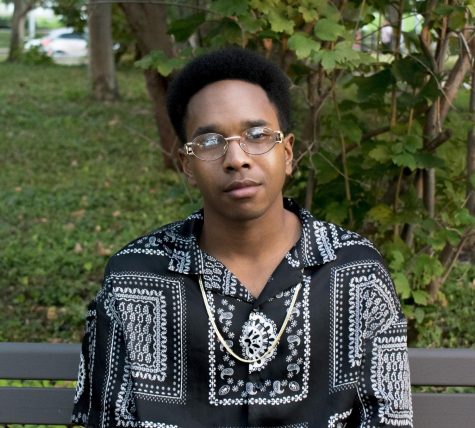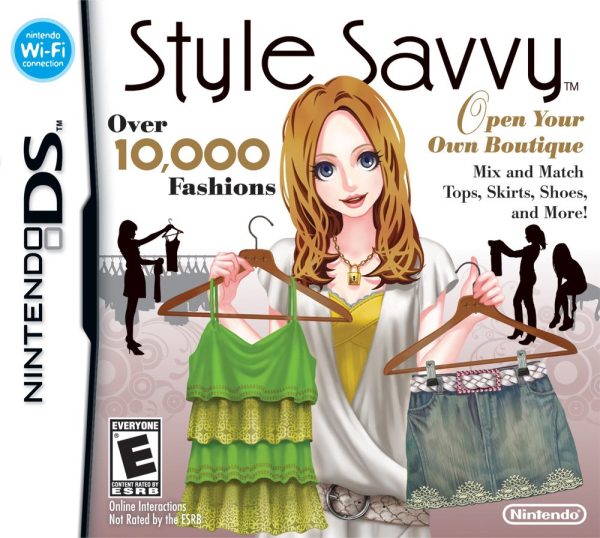President Snyder’s second message hit and miss takeaways from Charlottesville
On Aug. 28, President Barbara Snyder released a second statement about the Unite the Right rally on the University of Virginia’s campus from Aug. 11 to 12, intended to halt the removal of a statue of Robert E. Lee. Her initial comments, released several days after the event, rightfully condemned racism and bigotry and expressed sorrow for the three killed and dozens more injured during the event.
However, on Aug. 28, President Snyder once again mentioned the tragedy in Charlottesville, this time using the event as a conversation starter for free speech and dialogue on college campuses.
She wrote in The Daily: “We begin this academic year with the tragedy in Charlottesville fresh in mind. Headlines nationwide question how universities will balance free speech, campus safety and inclusion—with definitions of success depending largely on who is asking.”
President Snyder is correct in saying that colleges do need to engage more with conservative ideas. This past week, armed antifa members attacked peacefully demonstrating right wing protesters in Berkeley, California. Right-wing guest speakers have had their events shut down due to student demonstrations, some of which have turned violent. It is also true that many people across the country find the tragedy in Charlottesville fresh in their minds, but not all for the same reasons.
I disagree with President Snyder’s suggestion to view the event as an opportunity for universities to manage free speech interests. The Unite the Right rally demonstrated how alive and aggressive racism is in this country.
The divisive rhetoric that President Snyder condemns came not only from the hatred spewed by the alt-right but from President Donald Trump’s response to the event. He seemed to place blame on both sides when a protester died as a result of Nazi violence.
President Trump is not the inventor of white supremacy, of course. White Supremacists have existed in this country for years. Skokie, Illinois, a town with a Jewish population of over 40,000, had to allow Nazis to march down their streets while wearing swastikas. Racism and bigotry are realities that minorities have to deal with in this country; it has become a part of life.
But in 2017, anyone in public office should not have to hesitate to criticize Nazis. With the same tongue, President Trump strikes at Civil Rights legends quickly and ferociously. The First Amendment that protects the speech of Nazis is the same that will allow for a strongly worded message from our President against neo-Nazism. The notion that blame falls on “both sides” in regards to the tragedy in Charlottesville is telling of a man who snaps at anyone who criticizes him but pauses when prompted to condemn those who show any sort of adoration for him, which the alt-right does.
To ignore President Trump as a figure of divisiveness is to ignore the context of the event altogether. Part of the problem he has helped perpetuate is the false equivalency of White supremacist hate groups to civil rights organizations such as Black Lives Matter, whose purpose is to fight racism within America’s criminal justice system. By not condemning the perpetrators of violence and by equating them with those who have a legitimate gripe, he has made his message loud and clear. He has legitimized these groups whether by ignorance or on purpose.
The murky politics that Trump plays with the alt-right should stir concern from both sides. Republican and Democratic politicians across the board condemned the hatred from White supremacist groups.
It isn’t simply provided that things will get better. The deep division we see in politics is a reflection of the ideological divide in this country, but condemnation of bigotry needs to be quick and powerful in order to unify our nation.
We need to think more carefully about how we pick our leaders, for their ideas express messages more loudly than the everyday American. It follows what former President Barack Obama famously said, “Elections have consequences.”
We have yet to see the lasting impact that the 2016 Presidential Election will have on our country but that’s the nature of politics. We must continue to talk with each other, put each other in each others shoes and figure out why we view the world so differently.
Though white nationalist groups have the freedom of speech to express their hateful message, we as a nation have an even louder voice to condemn it. Racism is the problem. Hatred is the problem.
As battered and divided we are as country, we should all come together and condemn neo-Nazis and the KKK.

KJ is a fourth-year Pre-Law student and sociology major who also minors in psychology and English. He is a Cleveland native, a member of the Emerging Scholars...

















